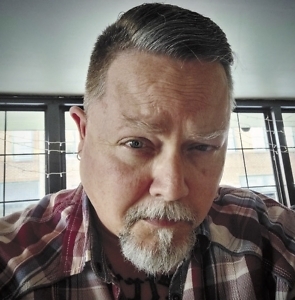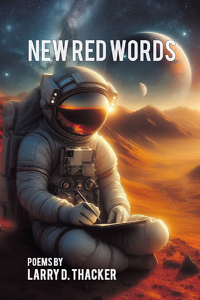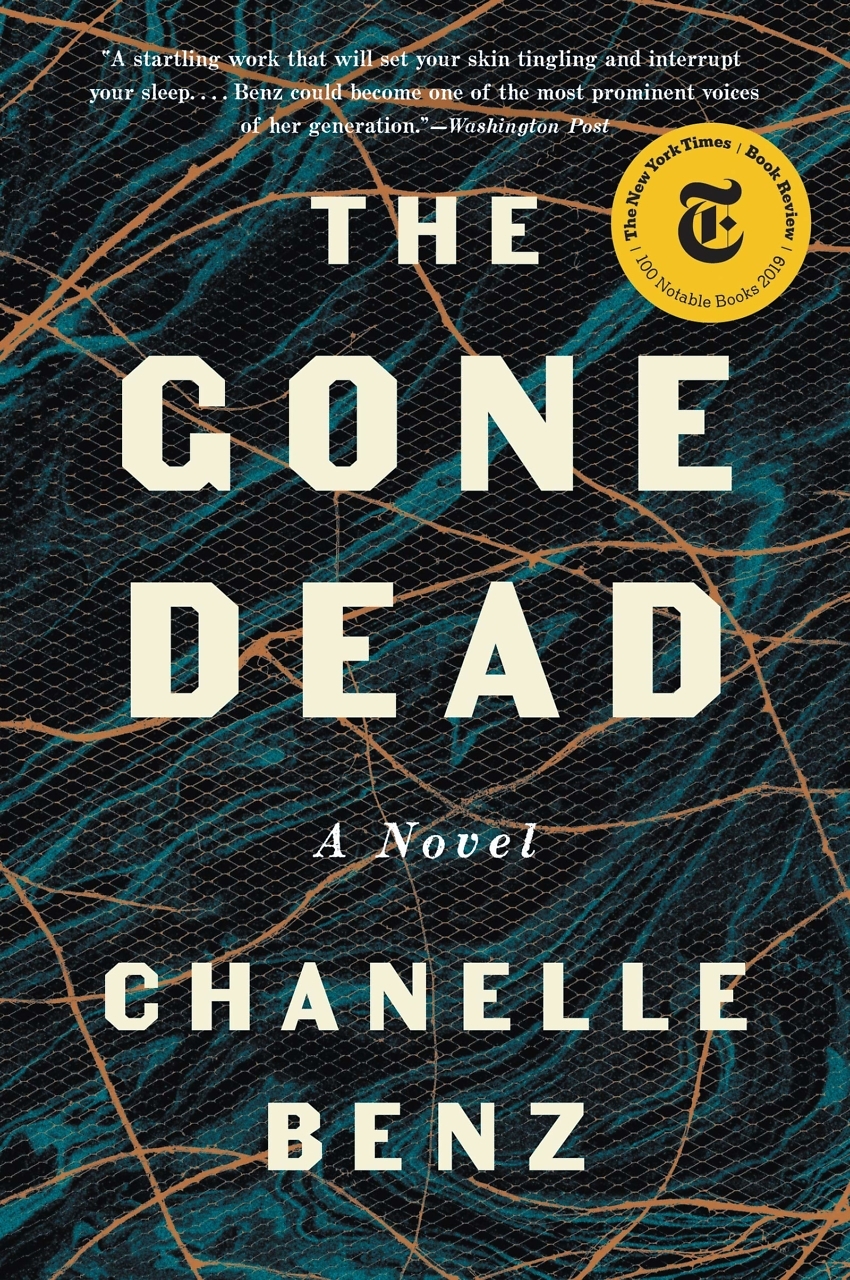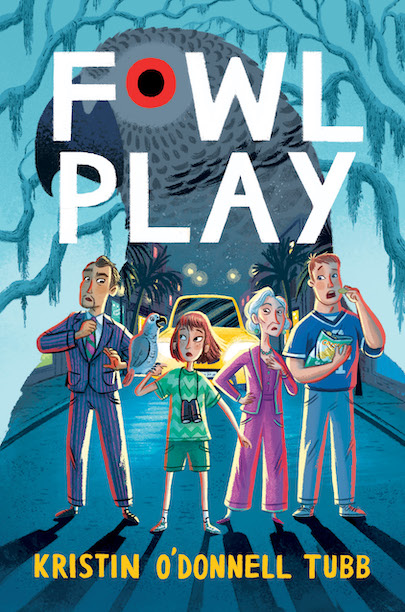Red Horizons
Larry D. Thacker imagines life on Mars
In an ever-tilting time of political unrest, ecoclimate crises, and unstable concepts of the future, poet Larry D. Thacker envisions a different world in his latest poetry collection, New Red Words, which is largely narrated from the perspective of a poet who travels to Mars as part of an early colonization effort. The sparse landscape and unforgiving climate spur philosophical insights.

A Kentuckian and seventh-generation native of the Cumberland Gap region, Larry D. Thacker makes his home in Johnson City, Tennessee. He answered questions from Chapter 16 by email.
Chapter 16: What inspired the focus on Mars in this collection?
Larry D. Thacker: I’ve had a lifelong fascination with the red planet, collecting magazines and articles since I was young, reading science fiction, witnessing our step-by-step technological advancements with improved satellite imagery, rovers, and on-ground experiments. I was working on a short story a few years back on the premise of the first yard sale on Mars, a community event made up of what little personal items might accumulate during early settlement, and thought, How challenging would it be to write poetry in such a limited environment? After writing a few poems on that idea, the wider concept of the writing life of a “Mars poet” grew from that continued prompt.
Chapter 16: Would you say the collection is a farewell to a corrupt Earth, a love letter to new beginnings, or both?
Thacker: Very much both. I believe that if poetry is being written on Mars, then yes, that’s an attempt to leave such things as the “mistakes of Earth” behind in an artistic sense and practical sense, while realizing that, at the same time, resource development will more than likely be taking place as well, which will be either driven by greed or quickly cause conflicts of acquisition. A new beginning without the inclusion of art is a failure. Art may be the only thing to keep that danger in check.
Chapter 16: “A New Poem” delves into the process of creating a poem. Can you share a little about your own writing and revision processes when it comes to poetry?
Thacker: I have many writing projects in process simultaneously — poetry, fiction, nonfiction. I’ll work revisions for a few days, say on a poetry collection, but something from that swirl of thinking will prompt me for a new story which I’ll begin in order to not lose the emotional energy of the moment, then I’ll get back to whatever I was working on. Some days I’ll do nothing but submissions. Other days it’s feeding myself with reading. My mantra remains: write, revise, submit, read. Juggling several genres at once has never bothered me. It’ll drive some people nuts. The idea of just working on one project to completion is very alien to me.
Chapter 16: Can you elaborate on the idea behind the following lines from your poem “Homo Sapiens Fossilis (Cro Magnon Type)”: “But is it really such a death, leaving a planet already / determined to doom itself?”
 Thacker: Yes, the idea of the “one-way trip” to Mars is just too much for some to handle. Perhaps one day there will be roundtrip experiences, but that’s well down the road and a benefit of long-term settlement. Early settlement means going there, living there, working there, and not coming back to Earth. Dying there. Some will die in the process of learning how this will work. Some will die just getting there. They’ll call this suicidal, but my logic is this: Aren’t we acting suicidal the way we treat each other and the planet we now occupy?
Thacker: Yes, the idea of the “one-way trip” to Mars is just too much for some to handle. Perhaps one day there will be roundtrip experiences, but that’s well down the road and a benefit of long-term settlement. Early settlement means going there, living there, working there, and not coming back to Earth. Dying there. Some will die in the process of learning how this will work. Some will die just getting there. They’ll call this suicidal, but my logic is this: Aren’t we acting suicidal the way we treat each other and the planet we now occupy?
Chapter 16: The collection touches on the concept of poet or novelist as truth seer. What are your views on the job of a poet as a witness to the past, present, and future?
Thacker: I think of writers as shamans as sorts, seers of yet found worlds, then world-builders, those who strive to see through the veils of the world’s noise to the true realities, and then record those visions by way of poetry and stories. Even as writers of fiction, we’re tapping into elements of truth to build what we’re telling, these new truths, new interpretations of what was, is, and will be.
Chapter 16: You made the cover art image using Microsoft AI. Can you discuss the creative process for the cover?
Thacker: I’m as hesitant to fully embrace artificial intelligence as anyone, but for this cover project I gave it a try because I had quite a specific vision in mind. I went through about a dozen layered iterations of key word/phrasings before getting what I wanted. For example, beginning simply with “writer in spacesuit” wasn’t enough, but when given the detail “with Mars background” the image got closer. I had to add “writing with pen and paper” and “mountain range” and “sitting.” It took some time.
[Read a poem from Larry D. Thacker’s New Red Words here.]

Abby N. Lewis is from Dandridge, Tennessee. She is the author of the full-length poetry collection Reticent and the sophomore collection Aquakineticist, as well as two chapbooks.





